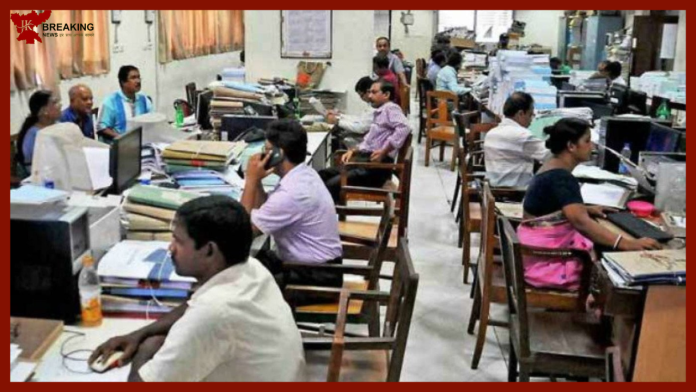7th Pay Commission Latest News: The Central Government, in consultation with the State Governments, has amended the rules regarding holidays for some employees. Under this, employees can take two years of extra paid leave.
7th Pay Commission: The Central Government has amended the rules regarding holidays for eligible members of All India Service (AIS). Under this, now these employees can take two years of paid leave during their entire career. This leave will be given by the government for a maximum of 2 years for the care of two older children.
Department of Personnel and Training (DoPT) has recently issued a new notification. This notification was issued on 28 July. Under this, the All India Service Children Leave Rule 1995 has been amended by the Central Government in consultation with the State Governments. AIS employees are paid according to the Seventh Pay Commission.
730 days leave to take care of 2 children
A female or male member of the All India Services (AIS) will be given 730 days leave during the entire service to look after the two eldest children. This leave can be granted before the children complete 18 years of age on grounds of parenting, education, sickness and similar care.
How much money will be received during the leave
Under Child Care Leave, the member will be paid 100% salary for the first 365 days of leave during the entire service. On the other hand, 80 percent of the salary will be paid on the second 365 days leave.
only three holidays in the calendar
Not more than three holidays are given by the government during a calendar year. On the other hand, in the case of a single woman, 6 times leave is approved during the calendar year. Not less than five days leave is given in a spell under Children Care Leave.
a separate account for holidays
According to the notification, the Children Leave Account will not be clubbed with other leaves. Under this, there will be a separate account, which will be given separately to the members. The benefit of children leave care will not be given to the employees during the probation period.


